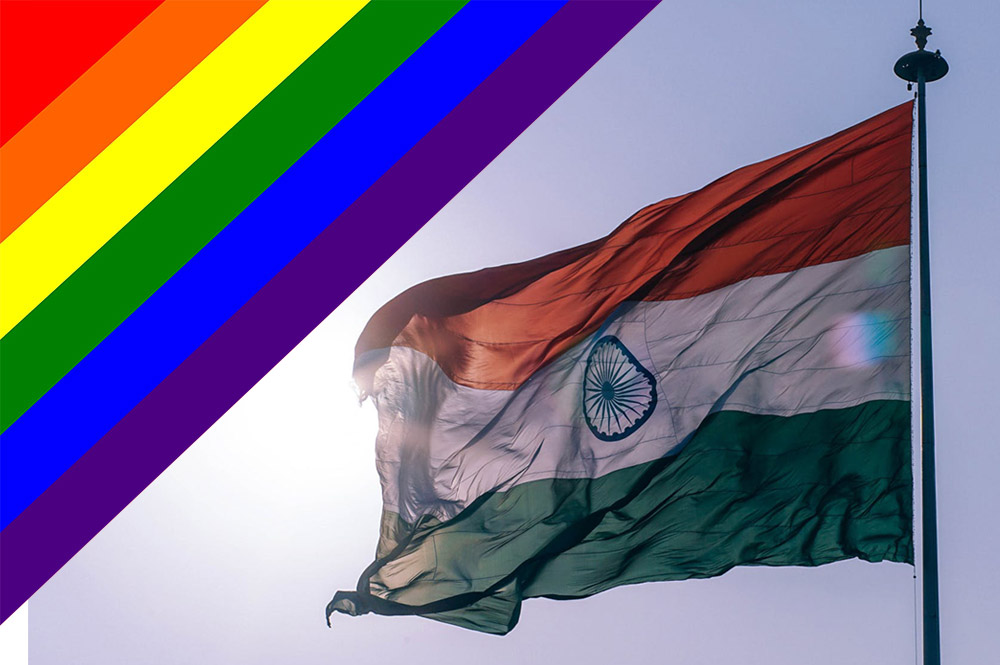The Madras High Court ruled that a trans woman should be recognized as a ‘bride’ in marriage, in a landmark ruling for the Hindu Marriage Act.
The Hindu Marriage Act codifies the laws related to Hindu marriage in India. This ruling means that the term ‘bride’ isn’t just restricted to people assigned female at birth (AFAB) and is a positive step forward for LGBTQ+ rights.
Marriage authorities in Tamil Nadu in south India refused to register the marriage of Arun Kamar and Sreeja, a man and trans woman who were seeking formal recognition after a temple wedding ceremony. The authorities refused on the basis that a trans woman can’t be a bride under Section 5 of the Hindu Marriage Act 1956. The couple took this to the Supreme Court. One of the judges, Justice G R Swaminathan, stated that they were wrong in their refusal, citing past judgments of the Supreme Court.
“Gender identity falls within the domain of her personal autonomy and involves her right to privacy and dignity. It is not for the State authorities to question this self-determination of the second petitioner herein,” he said. “For too long, the transgender persons have been languishing in the margins. The Constitution of India is an enabling document. It is inviting them to join the mainstream. It is absurd to deny the transgenders the benefit of the social institutions already in place in the mainstream.”
This isn’t the first time a transgender person has had a registered marriage in India, but it does set a precedent that will make it more difficult to discriminate against transgender people who want to get married.
“This Court is not breaking any new ground. It is merely stating the obvious. Sometimes to see the obvious, one needs not only physical vision in the eye but also love in the heart,” the court said.






























